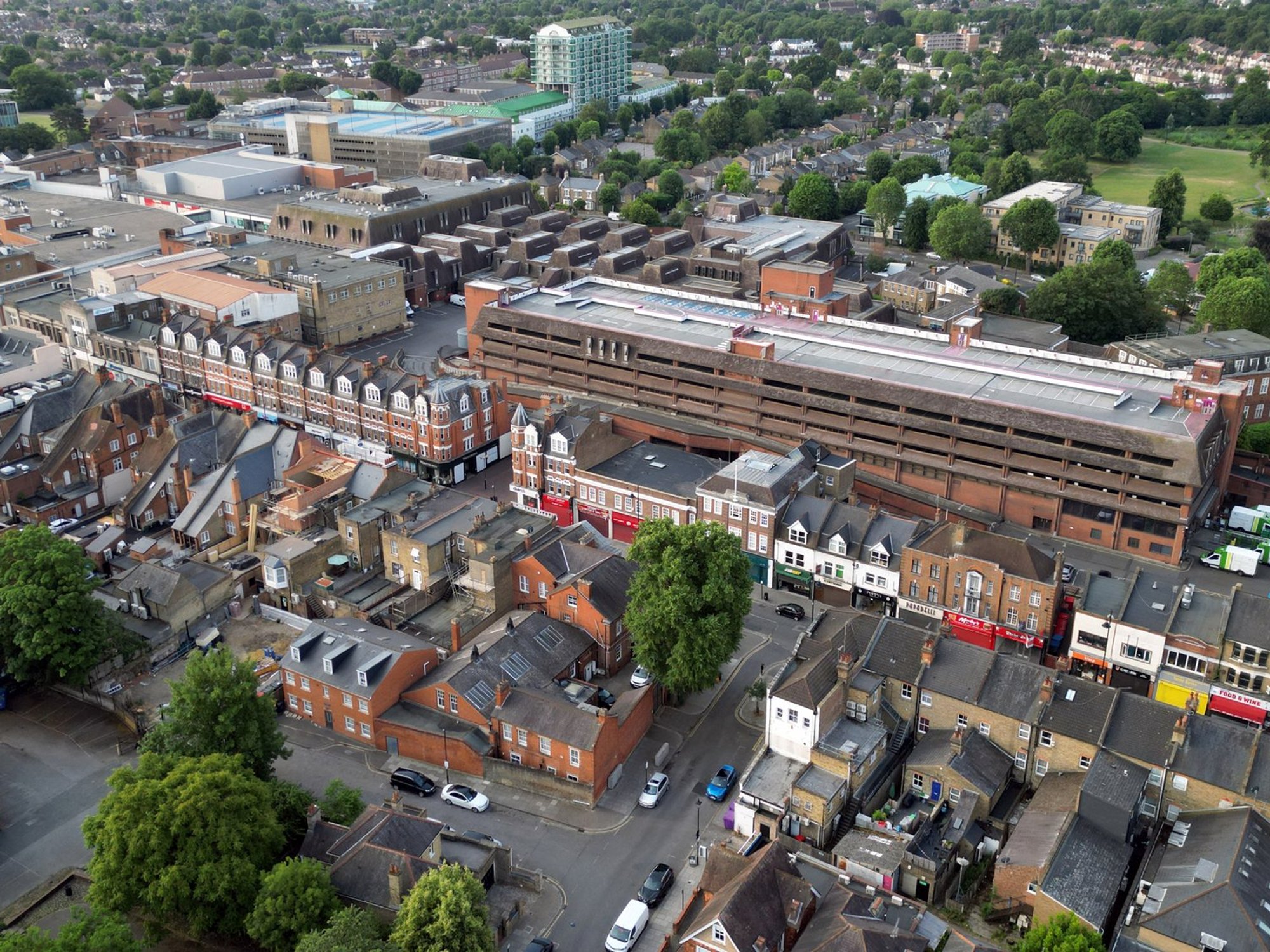State pension warning: Age rise to 68 in the 2030s 'on the cards' as thousands risk losing a year's income

State pension age rise ‘almost inevitable’: Ann Widdecombe issues warning as Denmark raises the bar |
GBNEWS

Without policy intervention, state pension costs are set to spiral to nearly eight per cent of GDP over the next 50 years
Don't Miss
Most Read
Latest
The state pension age could rise to 68 by the mid-2030s, affecting millions of people currently in their early 50s.
Experts are warning that those born in the early 1970s may lose a full year of income unless they work longer or rely on private savings.
Rachel Vahey, head of public policy at AJ Bell, said: "There is an increase to age 68 pencilled in for 2046, but a faster increase is definitely on the cards."
She added: "Bringing forward the increase to the mid-2030s will mean those born in the early 1970s will have to find from their private savings the equivalent to an additional year of state pension if they want to retire at the same time on the same income."
Currently, the state pension age is set to rise from 66 to 67 between 2026 and 2028. A further increase to 68 is legislated for 2044 to 2046. However, the latest review could recommend may eventually "force the Government's hand," accelerating this change by up to seven years.
If that happens, people born on or after April 6, 1971, would not receive their state pension until they turn 68. Those affected would need to work longer or bridge the gap through their own retirement savings.
AJ Bell gave an example of someone born in June 1973. They would currently expect to receive their state pension at 67 in June 2040. But if the rise is brought forward, they would not get it until June 2041.
Their report stated if this person "wants to continue to retire in June 2040 on the same income, they will need an additional £17,340 to cover their missing year of state pension (assuming the state pension of £11,973 increases by 2.5 per cent a year between 2025 and 2040)."

Age rise to 68 in the 2030s 'on the cards'
| GETTYTo retire on the same date and income, they would need to find around £17,340 from private savings to cover the missing year. This is based on the current state pension of £11,973 rising by 2.5 per cent annually.
That shortfall could be filled by investing just under £9,630 today into a self-invested personal pension, assuming a four per cent return after charges. A quarter of the final pot could be taken tax free.
Vahey said the latest review may force the Government’s hand after years of delay. "The first two reviews of the state pension age advocated bringing this forward, but successive governments have treated the issue like a hot potato," she said.
The current review, launched this week, is led by Dr Suzy Morrissey and will assess whether the rules around state pension age remain appropriate in light of updated life expectancy projections and intergenerational fairness.

The state pension is one of the Government’s largest financial commitments
| GETTYA separate report from the Government Actuary’s Department will also examine costs and population trends.
The state pension is one of the Government’s largest financial commitments, accounting for over 80 per cent of the £175 billion pensioner welfare bill.
Without reform, the cost is projected to rise from 5.2 per cent to nearly eight per cent of GDP over the next 50 years.
The previous state pension age review, published in 2023, recommended bringing the rise to 68 forward to between 2041 and 2043.
The then Government under Rishi Sunak did not commit to the proposal, instead deferring the decision to the next Parliament.
With Labour now in power, Vahey said fiscal pressure may prompt a firmer stance.
"The new Labour Government may feel it needs to consider the rise to age 68 more closely, particularly if it wants to demonstrate steps toward long-term fiscal prudence."
She also warned that any changes must be communicated clearly and well in advance.
"Everyone should know their state pension age, or we risk people not adequately planning for their retirement," she said.
Vahey added that although the state pension is a valuable benefit worth nearly £12,000 a year, it is dangerous to rely on it as the sole source of retirement income.
People affected by any increase will either have to work longer or find tens of thousands of pounds from their own savings to retire as planned.
More From GB News










